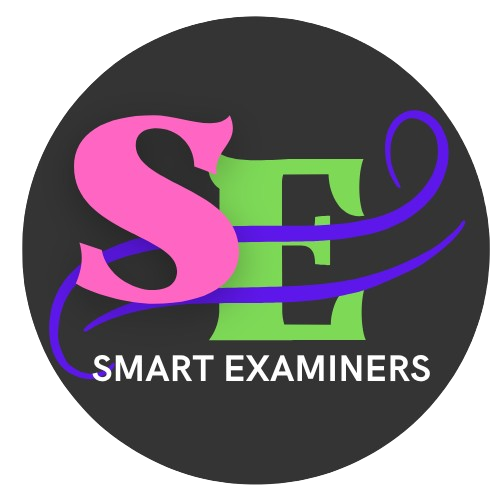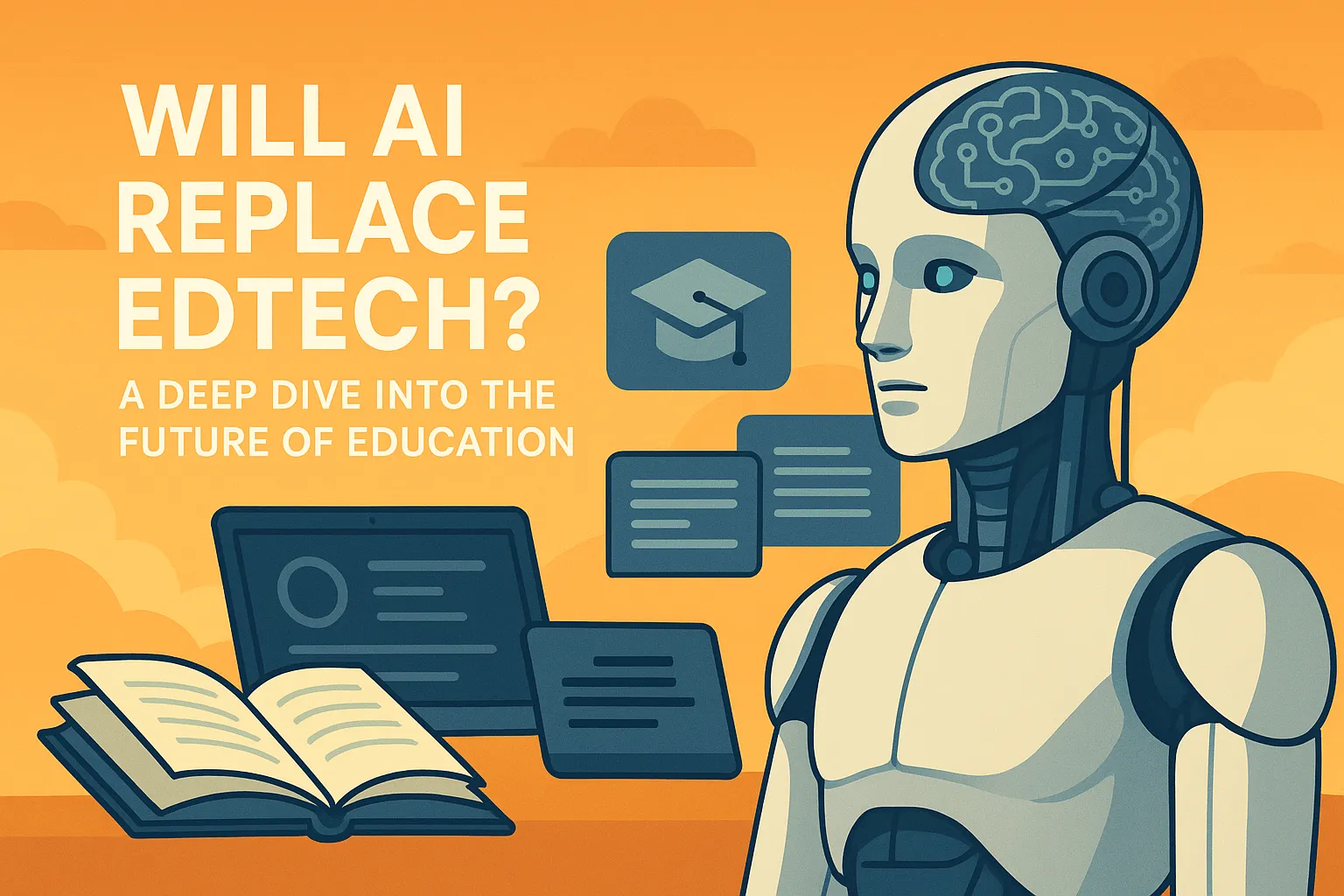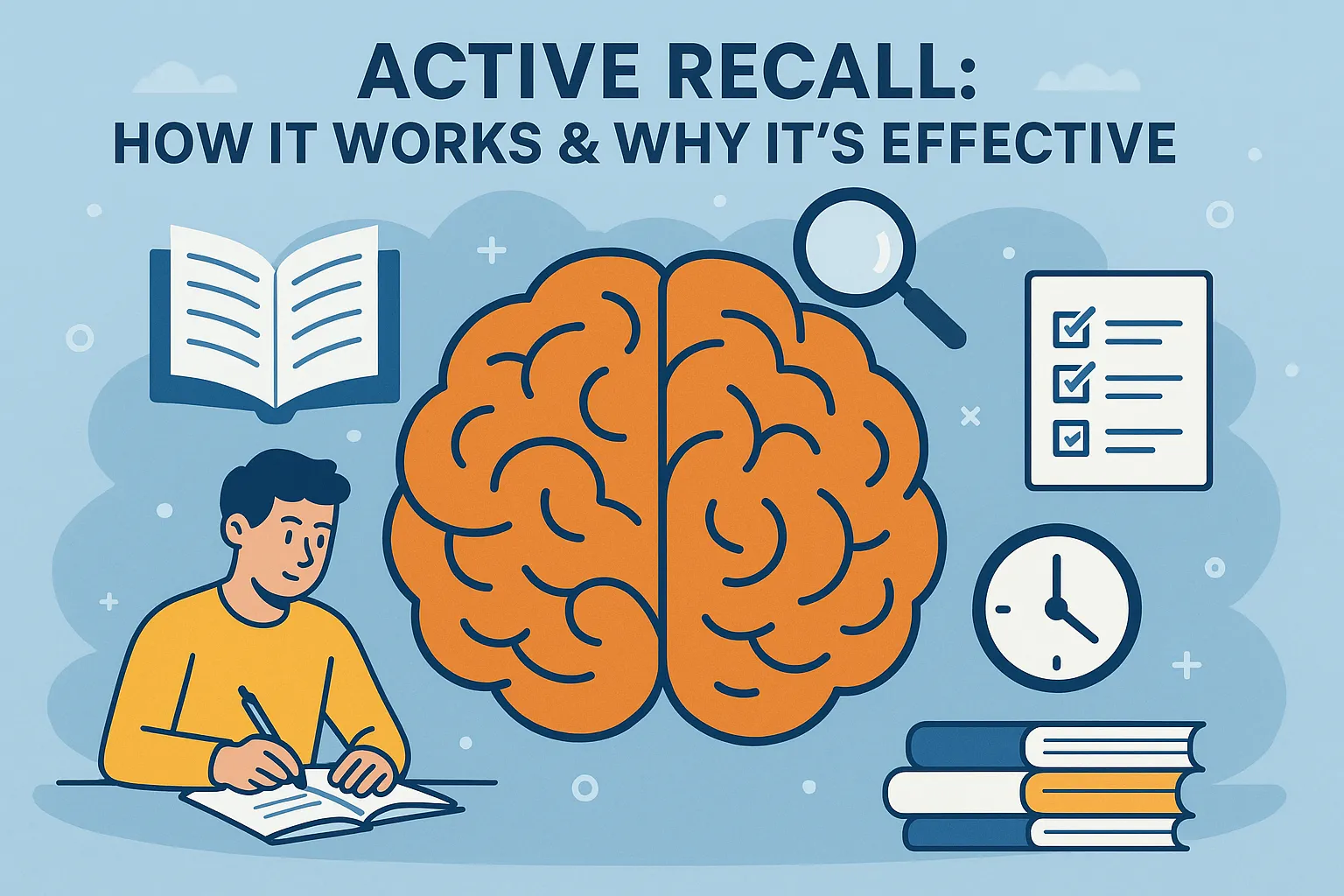🤖 Will AI Replace EdTech? A Deep Dive into the Future of Education
🧠 Introduction
The integration of Artificial Intelligence (AI) into education has sparked a global conversation. As AI technologies advance, questions arise: Will AI replace traditional educational technologies (EdTech)? Can AI supplant human educators? Or will it serve as a powerful tool to enhance teaching and learning?
This comprehensive exploration delves into the evolving relationship between AI and EdTech, examining current trends, benefits, challenges, and the future landscape of education.
📚 Understanding AI and EdTech
What is EdTech?
Educational Technology, or EdTech, encompasses digital tools and platforms designed to facilitate learning and improve educational outcomes. This includes:
- Learning Management Systems (LMS): Platforms like Moodle and Canvas that organize and deliver educational content.
- Interactive Learning Tools: Applications that provide engaging learning experiences.
- Assessment Platforms: Tools that evaluate student performance and provide feedback.
What is AI?
Artificial Intelligence refers to computer systems capable of performing tasks that typically require human intelligence. In education, AI applications include:
- Personalized Learning: Tailoring educational content to individual student needs.
- Automated Grading: Using algorithms to assess student work.
- Predictive Analytics: Forecasting student performance and identifying those at risk.
🚀 The Rise of AI in Education
Global Adoption
Countries worldwide are embracing AI to revolutionize education. For instance, China has announced a significant educational reform initiative that involves integrating AI into all levels of its educational system, including teaching methods, textbooks, and school curricula. This move aims to develop essential skills among teachers and students and elevate classroom experiences with innovative content.
AI in Classrooms
AI is increasingly being integrated into classrooms, promising significant reductions in administrative tasks for teachers and enhancing the overall educational experience. The UK's investment in educational technology surged, with funds exceeding $547 million last year. The government has initiated an education "content store" featuring AI-friendly data, which edtech companies can leverage to develop innovative classroom tools.
🎯 Benefits of AI in EdTech
1. Personalized Learning Pathways
AI's ability to analyze individual learning styles and preferences leads to more personalized education. Content adapts in real-time to suit each learner's pace and interests, significantly improving engagement and outcomes.
2. Automated Administrative Tasks
From grading assignments to managing admissions, AI takes over repetitive administrative tasks. This allows educators to focus more on teaching and less on paperwork, enhancing the efficiency of educational institutions.
3. Intelligent Content Creation
AI revolutionizes content creation by generating customized textbooks, study guides, and interactive learning materials. This makes education more adaptable to the needs of diverse learner populations.
4. Enhanced Accessibility
AI-driven tools offer improved accessibility options for students with disabilities, including visual and auditory aids, making education more inclusive and equitable.
🛠️ Challenges and Ethical Considerations
1. Data Privacy Concerns
AI systems collect significant amounts of student data. Ensuring the safety and privacy of this information is paramount. Schools must adhere to strict guidelines to protect student data. :contentReference[oaicite:6]{index=6}
2. Algorithmic Bias
AI algorithms can inadvertently perpetuate existing biases, leading to unfair educational outcomes. It's crucial to develop ethical AI software and frameworks to ensure technologies are used responsibly. :contentReference[oaicite:7]{index=7}
3. Digital Divide
Not all students have equal access to the technologies needed to utilize AI-enhanced educational tools. Addressing this digital divide is essential to ensure equitable education opportunities. :contentReference[oaicite:8]{index=8}
🧑🏫 The Role of Educators in an AI-Enhanced Environment
Despite AI's advancements, the role of human educators remains irreplaceable. AI serves as a tool to augment teaching, not replace it. Teachers provide:
- Emotional Support: Understanding and addressing students' emotional needs.
- Critical Thinking Development: Encouraging analytical and independent thinking.
- Ethical Guidance: Instilling values and ethical considerations.
🧪 Case Study: Smartexaminers and Assessments
Smartexaminers is a platform that leverages AI to create assessment exams and marking schemes/ answers for learners. By automating the creation of assessments and providing instant feedback, Smartexaminers enhances the efficiency and effectiveness of the evaluation process.
🔮 The Future of AI and EdTech
The integration of AI into EdTech is not about replacement but collaboration. The future envisions:
- Hybrid Learning Models: Combining traditional teaching with AI tools for a comprehensive learning experience.
- Continuous Professional Development: Training educators to effectively use AI in their teaching methodologies.
- Policy Development: Establishing guidelines to ensure ethical and equitable use of AI in education.
📌 Conclusion
AI is set to transform the educational landscape profoundly. However, it's not a question of AI replacing EdTech or educators but how it can be integrated to enhance learning experiences. By addressing challenges and focusing on ethical implementation, AI can serve as a powerful ally in the pursuit of quality education for all.
 SmartExaminers
SmartExaminers


